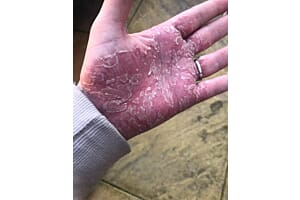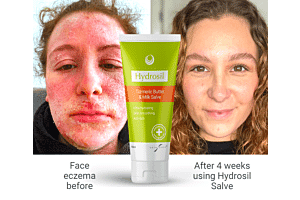Question: My friend asked told me that I should top up my good bacteria regularly, what does she mean, surely all bacteria is bad?
BY Rebecca Laske 16 September, 2008 – 09:30
Answer: Your friend is right, our intestinal tracts contain bacteria. Some bacteria aren’t so good for us, but much of the bacteria found in our digestive tracts are beneficial. The good bacteria help to keep the bad bacteria and yeasts in check. This is why it is important to keep your good bacteria topped up.
The digestive system is a remarkable thing, taking the food we eat, processing it, and delivering the waste at the other end.
Keeping your digestive system functioning effectively goes beyond preventing occasional bouts of diarrhoea. In fact, some experts believe that keeping the gut healthy can improve other areas of health, especially in the long term.
There is about 100,000 billion bacteria in the gastrointestinal tract (GIT), belonging to more than 400 different species. Hence we have 10 times more bacteria in our bodies than human cells! And if it wasn’t for those bacteria we wouldn't be alive.
The gut is the primary organ for nutrient and energy absorption.
Some bacteria help to make vitamin K, and some bacteria help our immune system function properly. Normally our intestinal bacteria are in a healthy balance, however anti-biotic therapy, stress and poor dietary choices may all cause intestinal dysbiosis or bacterial imbalance.
When the bad bacteria and yeast become overgrown in your intestinal tract, you have a condition called dysbiosis. Dysbiosis has been linked with disorders like yeast infections, irritable bowel syndrome and rheumatoid arthritis. A common cause of dysbiosis is anti-biotic therapy. The antibiotics that you take for killing an infection will also kill the healthy bacteria in your digestive tract. At the very least, you may experience diarrhea, and you may be at risk for other diseases.
Good Bacteria are commonly found in natural yogurts and you should be able to check on the packaging to see the types available. You can also ask at your local heath store for more information regarding good bacterias which you can add to your food.







